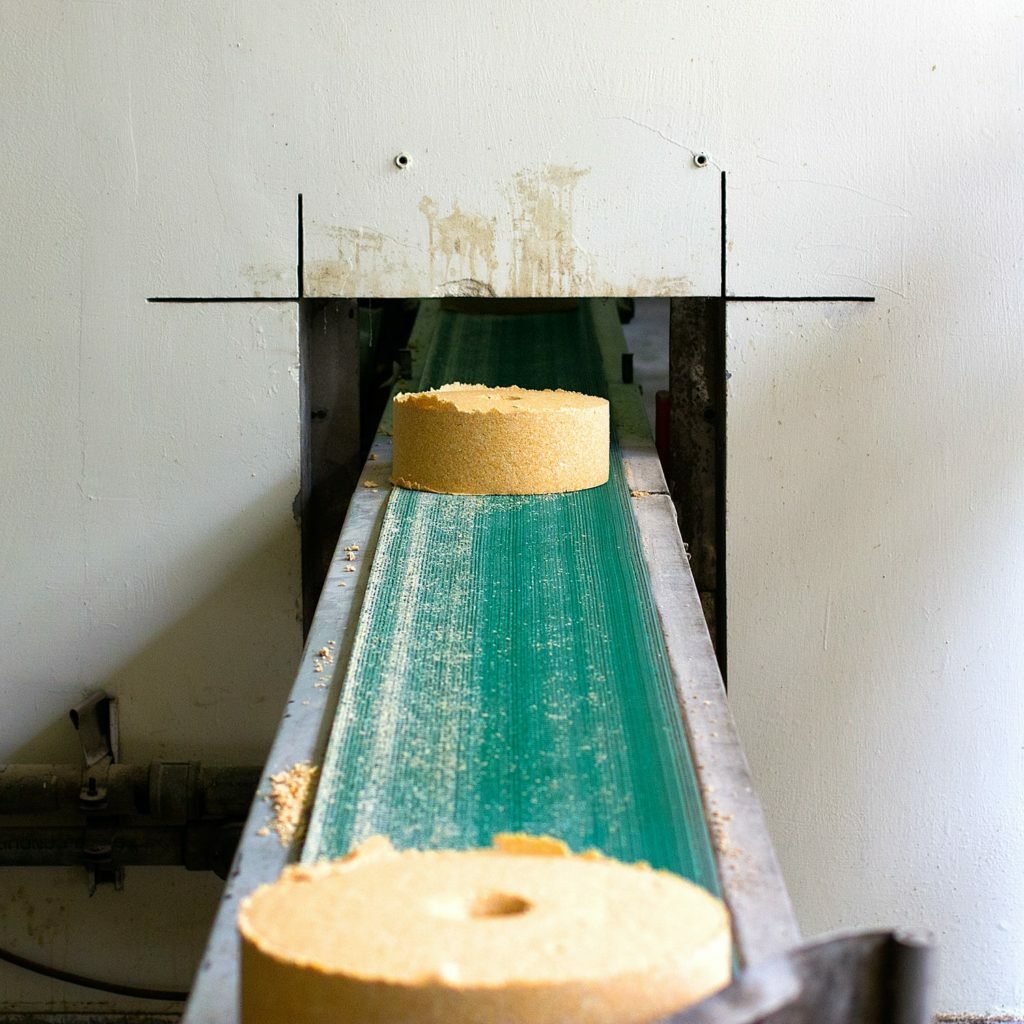If you’re looking to use a conveyor belt to expedite your production, there are a lot of options and factors to consider. From what you plan on using your conveyor belt for to the industry you work in, each choice you make comes with its own set of pros and cons. As such, it can be hard to select the proper conveyor system if you’re new to the world of roller conveyors and don’t have much experience in machine building or engineering.
While it certainly helps to have a background in machinery when it comes to choosing the proper conveyor system for your business, that doesn’t mean that not having that sort of education precludes you from choosing the right conveyor. Here are three tips to keep in mind when you’re eager to choose the right conveyor built for your company.
1. Pick out a high profile or low profile belt.
One of the first things you’ll want to think about when shopping around for conveyor belts is whether you need something low profile or can afford to give up some space for a higher profile belt. If your business is almost entirely automated, you may be able to get by with a high profile conveyor belt. However, if you need to make space for additional machinery or a lot of other employees interacting with the goods on your roller conveyors, a lower profile belt might be preferable. Ultimately, this decision can often be made for you based on your needs and how much room you have for your conveyor in the first place, but it’s a good factor to point out nonetheless.
2. Consider what the conveyor belt needs to transport.
Once you’ve determined whether your business can get away with using a high profile conveyor or need a low profile option, the next thing you’ll want to consider is what you’re using your conveyor belt for. If you’re transporting heavy-duty machinery components, bulk material, or items that weigh a lot, you’ll want to find a durable conveyor that’s able to handle the day-to-day demands of such heavy loads. On the other hand, if you manufacture medications or food, you may be able to use a smaller conveyor belt.
Mini conveyer systems are perfectly suited for transporting small, lightweight materials. This makes them an ideal option for any business in the pharmaceutical or medical industry, where delicate products need to safely make it from point A to point B in one piece. Mini conveyors usually can’t handle much more than 15 pounds of cargo at a time, so keep that in mind before you select a mini belt conveyor for your business. Some mini conveyors even come with LED backlighting to help make it easier for employees to handle quality control and inspection measures while the belt conveyor is in motion.
3. Keep in mind any additional guidelines or regulations.
Depending on the industry you’re working in, you may have a few additional hoops to jump through in order to meet manufacturing standards for your sector. For example, if you are in the pharmaceutical space, you may need to meet certain cleanroom standards in order to ensure that everything is properly sterilized. After all, when you can lose your license over failing to be Class 100 compliant as a manufacturer, the last thing you want to have to deal with is bringing a new piece of equipment into your facility that jeopardizes that classification. As such, it’s important to know what standards need to be met before you go purchasing a new conveyor for your business. Most belt conveyor manufacturers, such as Dorner Conveyors, are used to meeting these sorts of regulations, so just include this necessity in your inquiry before you make a purchase to make sure you’re on the same page as the manufacturer.










